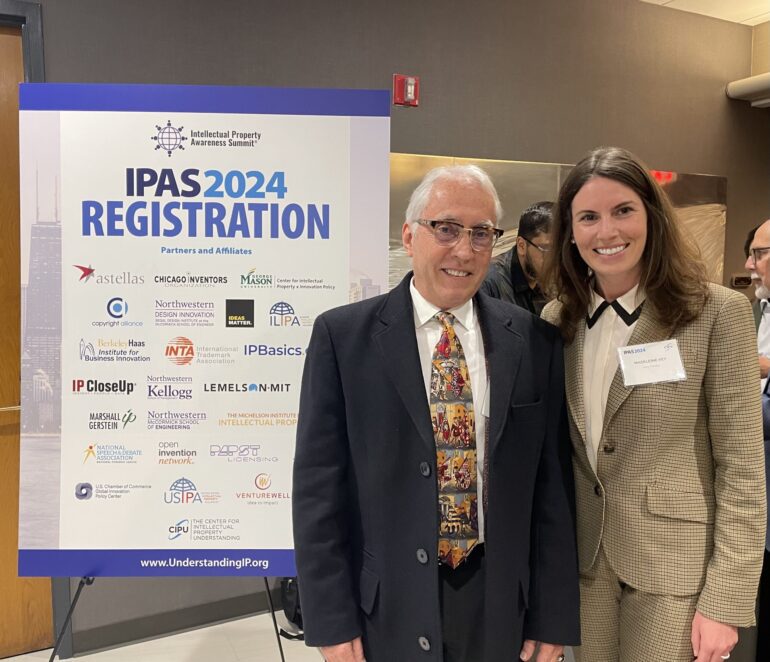- Alan Nelson shares his journey of overcoming obstacles to commercialize AI-driven cervical cancer detection technology.
- Initial rejections at USPTO due to lack of familiarity with the technology highlight the importance of engaging with patent offices.
- FDA approval for AI-driven diagnostics faced resistance from pathologists concerned about job displacement.
- Strategic advocacy led to FDA approval, marking a milestone for AI-driven cancer detection.
- Dr. Nelson’s commitment to innovation continues with the development of AI-driven solutions for lung cancer detection with VisionGate.
Main AI News:
The compelling narrative shared by inventor Alan Nelson during the 7th Annual Intellectual Property Awareness Summit, hosted by CIPU at Northwestern University, shed light on significant insights.
Dr. Nelson recounted his journey of overcoming obstacles to commercialize a groundbreaking technology for cervical cancer detection in the 1990s. Utilizing artificial intelligence (AI) at the University of Washington, Dr. Nelson revolutionized the early and accurate identification of cervical cancer by inventing a machine capable of reading Pap smears.
His innovation promised to save lives by addressing the challenge of false negatives in diagnostic reports. However, gaining recognition was not without hurdles, including rejections at the U.S. Patent and Trademark Office (USPTO) due to a lack of examiner familiarity with the technology.
Dr. Nelson emphasized the importance of engaging with the USPTO to educate and facilitate understanding of novel technologies, ultimately improving the accuracy of patent claims.
Despite initial resistance, Dr. Nelson faced further opposition when presenting his clinical trial data to the Food and Drug Administration (FDA). Pathologists protested against potential job displacement by AI-driven technology, leading to a skeptical FDA advisory panel vote.
However, through strategic advocacy led by Congressional representatives like Patty Murray, Dr. Nelson secured FDA approval, marking a milestone for AI-driven diagnostics in cancer detection.
Following a successful IPO, Dr. Nelson’s company was acquired by Becton Dickinson, expanding the reach of the technology globally. Yet, his commitment to innovation persisted, leading to the development of AI-driven solutions for detecting lung cancer with VisionGate.
The IP Awareness Summit 2024 featured prominent discussions, including the imperative to harness data for competitive advantage, regulatory considerations in emerging technologies, and ethical behavior in intellectual property management.
Dr. Nelson’s story underscores the importance of perseverance and advocacy in the innovation ecosystem. His journey serves as a testament to the transformative potential of disruptive technologies like AI and the critical role of stakeholders in supporting creative endeavors.
Conclusion:
The narrative from the AI Summit underscores the transformative potential of AI in healthcare and the challenges in navigating regulatory landscapes. For the market, it emphasizes the need for collaboration between innovators, policymakers, and stakeholders to support the development and adoption of AI-driven technologies, ensuring both regulatory compliance and societal benefit.

